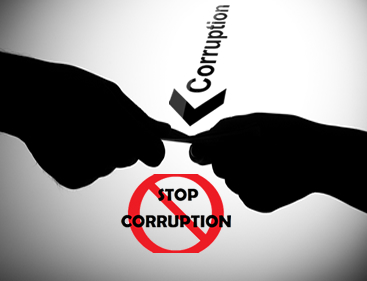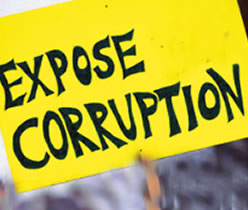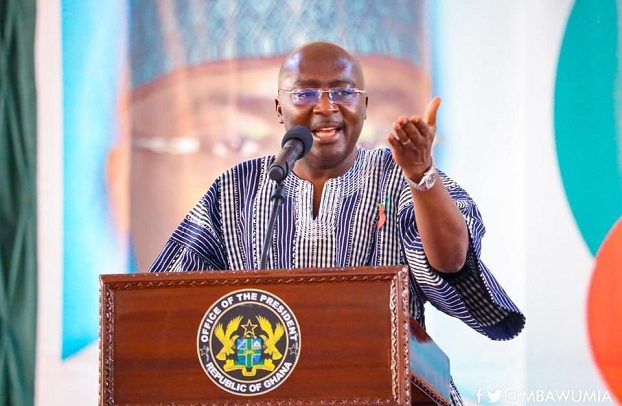

 It does appear as a rule, that Ghanaians, generally do not abhor corruption. The canker of corruption has been pretty much normalized, even formalized and largely accepted as the way things are. The reactions to corruption, including media reports exposing corruption have been largely muted.
It does appear as a rule, that Ghanaians, generally do not abhor corruption. The canker of corruption has been pretty much normalized, even formalized and largely accepted as the way things are. The reactions to corruption, including media reports exposing corruption have been largely muted.
And the only reasons why some people feel awful about corruption is because of the few voices of criticism and condemnation, and the annual ritual or theatrics of public probes.
Some of the people who sometimes display disapproval of corruption are very likely, only expressing disappointment because they or their family and friends are not the beneficiaries.
Even though Ghana has anti-corruption laws, institutions and organisations, the fight against corruption has been largely lethargic, and at best incongruous with public pronouncements of disapproval of the debilitating act.
Institutions fighting corruption are being weighed down and frustrated by other institutions that should support and facilitate their work, and individual activists are being constantly harassed.
Critical media and journalists who expose corruption are constantly being targeted.
Corruption continues to cost Ghana so much – in terms of the economy and human. For instance, it has been estimated that the country loses about $3 billion a year to corruption. But the recently released Corruption Perception Index by the Transparency International, shows that not much is being done in Ghana to deter people from engaging in corruption – the inaction against corruption, particular by politically exposed persons has increased impunity.
Overall, the efforts as it were to curb corruption including public inquiries look more like public shows, and after every show, the next show displays more horrendous scenes, after which quite frankly no one is held to account, and the cycle continues.
The only justification for the public display of attempts to fight corruption continue simply just to tickle the external world with a sense that something is being done to tackle corruption. But the truth is, the fight has been lost, or rather Ghanaians have become comfortable with corruption, as it is easier for reporters of corruption to suffer consequences than for corrupt people to be punished.
Meanwhile, the country is paying a steep price for corruption – inefficient law enforcement, a tottering justice system that many citizens are sceptical of, dysfunctional public service systems that citizens don’t find reliable because they are unable to deliver essential basic services, a ruined health system where people are compelled to struggle to find beds for ailing family members who require admission at hospitals and competent job seekers being passed for family and friends, who often are unqualified.
Despite evidence of all the ripples of corruption in the country, Ghanaians are still in a stupor. Difficult to awaken to the consciousness of the harm corruption is inflicting on the country and national psyche.
From the look of things the rot would go on for a long time, leaving in its trail innumerable and avoidable casualties, until maybe something extraordinary happens to shake up the citizens. Hopefully it won’t be too late.
By Emmanuel K Dogbevi
Copyright ©2024 by NewsBridge Africa
All rights reserved. This article or any portion thereof may not be reproduced or used in any manner whatsoever without the express written permission of the publisher except for the use of brief quotations in reviews.
The post Do Ghanaians really abhor corruption? appeared first on Ghana Business News.
Read Full Story

















Facebook
Twitter
Pinterest
Instagram
Google+
YouTube
LinkedIn
RSS